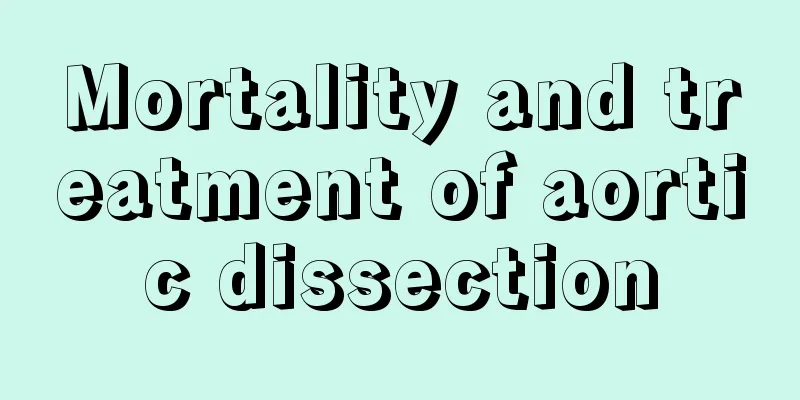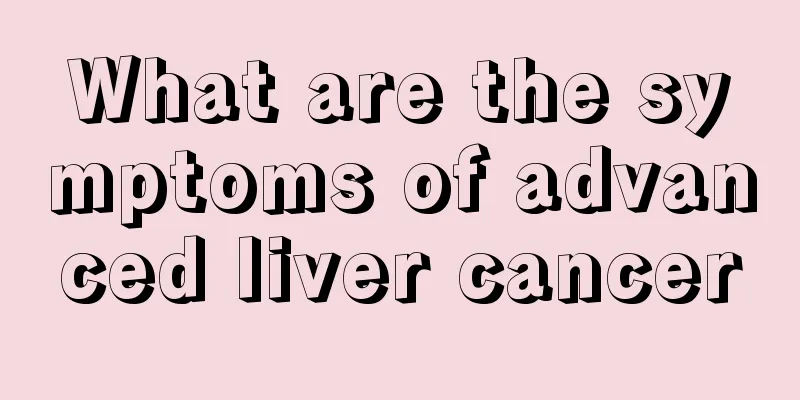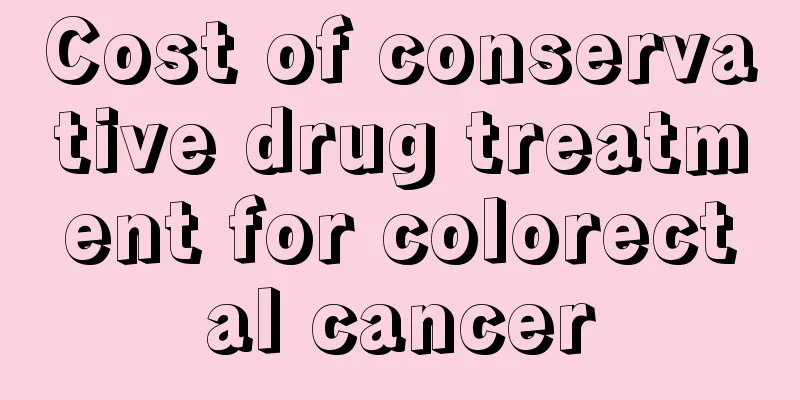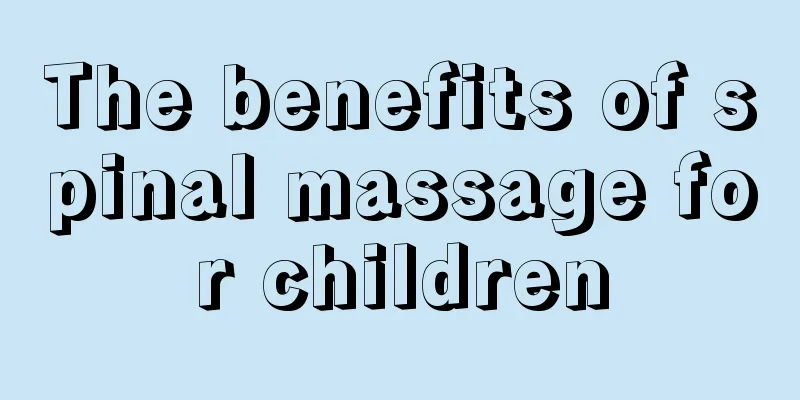The impact of childhood trauma on people
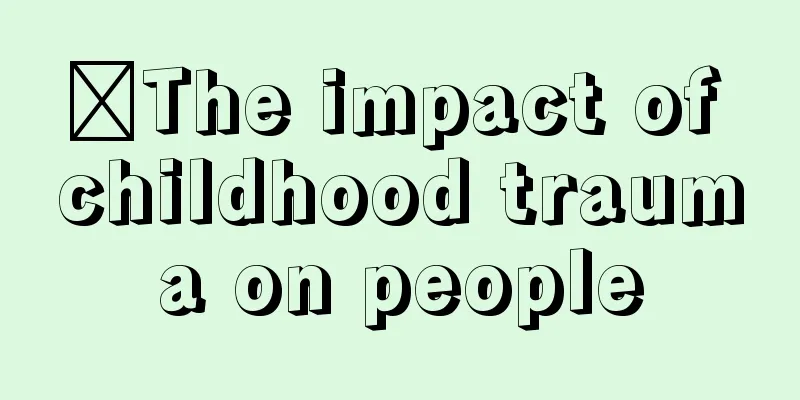
|
Everyone hopes to have a healthy and happy childhood, because childhood memories will accompany a person throughout his life and may even be the happiest time in a person's life. However, due to different personal family situations and experiences, not everyone has a happy childhood. Some people's childhood is even very miserable. Some people even feel afraid of something in their childhood, which creates a childhood trauma. So what impact will the childhood trauma have on a person's life? Childhood has a great impact on a person's life. Everyone’s most profound memory is childhood, which should be a beautiful, happy and simple time. But according to a recent survey, the impact of childhood on a person's life is that an unhappy childhood will affect the health of an elderly person. When talking about childhood, most people would associate it with innocence and beauty. A recent study in the United States shows that people who had an unhappy childhood have a high risk of cardiovascular disease after entering middle age, and this long-term impact is particularly evident in women. An unhappy childhood leads to an unhealthy old age! Don’t deny it, the data speaks for itself. Researchers from Harvard Medical School in the United States followed up 377 adults with an average age of 42. The latter have been participating in the study since they were 7 years old and are now over 40 years old. At the age of 7, they underwent multiple tests on emotional behavior to assess their grief tendencies, attention and degree of improper self-regulation. The subjects underwent physical examinations around the age of 40. The researchers evaluated them using commonly used cardiovascular disease risk assessment criteria. After comprehensively considering multiple factors that may affect the risk of cardiovascular disease, they found that there was a correlation between the level of psychological stress in childhood and the risk of cardiovascular disease in adulthood. If adults around 40 years old have been in an unhappy environment with high pressure and many setbacks in their childhood, the chances of having a stroke or heart attack in the next 10 years will increase from 3.2% to 4.2% for women and from 7.3% to 8.5% for men. The so-called unhappy childhood and unhealthy old age not only refers to physical health, but also serious damage to mental health. The study also showed that people who have high psychological stress and many negative emotions in childhood, such as depression, irritability, and impatience, will have a 17% increased risk of cardiovascular disease in middle-aged men and a 31% increased risk in women. In fact, an unhappy childhood not only affects one’s health in old age, but the trauma of childhood actually affects one’s entire life. Many psychological disorders in adults are directly and closely related to early experiences. A survey on the mental health of college students found that among almost all psychological disorders, including obsessive-compulsive neurosis, adjustment disorders, social phobia, and even learning problems, some people's problems are closely related to early experiences. Research by neuropsychologists has further confirmed that children’s early experiences greatly influence the complex neural network structure of the brain, that is, the actual structure of the human brain is determined by early experiences rather than just genetics. This is actually easy to understand: a child who grows up in a family atmosphere full of encouragement and appreciation will certainly be more confident and know how to appreciate and tolerate others than a child who grows up in a family atmosphere full of denial and criticism. Freud believed Freud, the master of psychoanalysis, believed that painful childhood experiences that are repressed in the subconscious at the bottom of the mind are usually expressed in the form of dreams or fantasies. But under accidental circumstances, if there are related psychological factors appearing at the conscious level, it can be manifested in daily memory in a fragmentary, irregular and modified manner. But fortunately, our consciousness and experience will never allow these childhood experiences to be expressed "unbridled", so they can only be expressed fragmentarily and incompletely. Once you understand this, you can calmly recall or face childhood memories that were once painful or frightening. Because only by accepting it first can you find the root cause of your pain or fear and untie the knot in your heart. |
<<: Will it have any effect if I get a manicure once during pregnancy
>>: The reason why people gain weight quickly and lose weight quickly
Recommend
What should I do if swollen gums cause headaches?
Swollen and painful gums are a common disease in ...
What is the normal white blood cell count for infants and young children?
There are many indicators for evaluating human bl...
What to do if you have a high fever in summer
High fever is a relatively common disease, which ...
Those foods that people with nasopharyngeal cancer should not eat
I don’t know if you have noticed that in recent y...
Can I drink coffee and tea together?
Coffee and tea are two more popular ones, one ori...
Eating more cauliflower and cabbage can prevent pancreatic cancer
It is good for pancreatic cancer patients to eat ...
What are the effects of red date rose tea? Benefits of drinking red date rose tea
Rose tea is a popular beauty tea nowadays. Drinki...
Washing hair with orange peel can cure hair loss
Nowadays, many friends have begun to pay attentio...
Bijie's top ten most famous snacks
Bijie is located in the northwest of Guizhou and ...
What material is good for the inner tank of a pressure cooker
The pressure cooker is one of the more commonly u...
How to prevent liver cancer? 5 effective ways to prevent liver cancer
Liver cancer is a malignant tumor that occurs in ...
What should I do if multiple myeloma relapses?
Multiple myeloma relapsed? Are you feeling panic ...
Can eating cakes cause liver cancer? 5 kinds of cakes can easily cause liver cancer
1. Cakes with hydrogenated vegetable oil. Current...
What are the factors that induce lung cancer
Lung cancer is a very common disease in our daily...
What are the tumor marker tests for bladder transitional cell carcinoma
Bladder transitional cell carcinoma is a type of ...
